These Birds Decorate Their Nests With Trash—Here’s Why
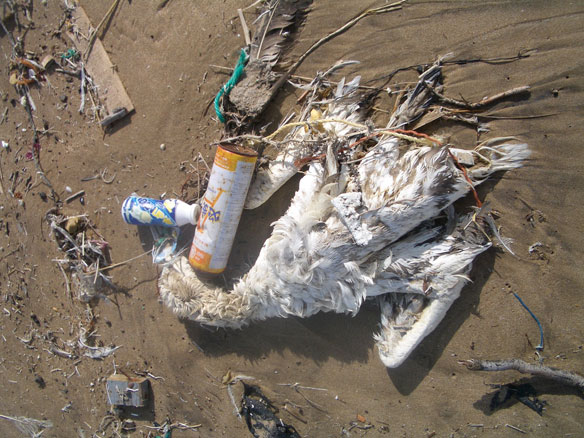
As scientists study the makeup of birds’ nests, they’re looking for signs of human influence.
World’s largest plastics plant rings alarm bells on Texas coast
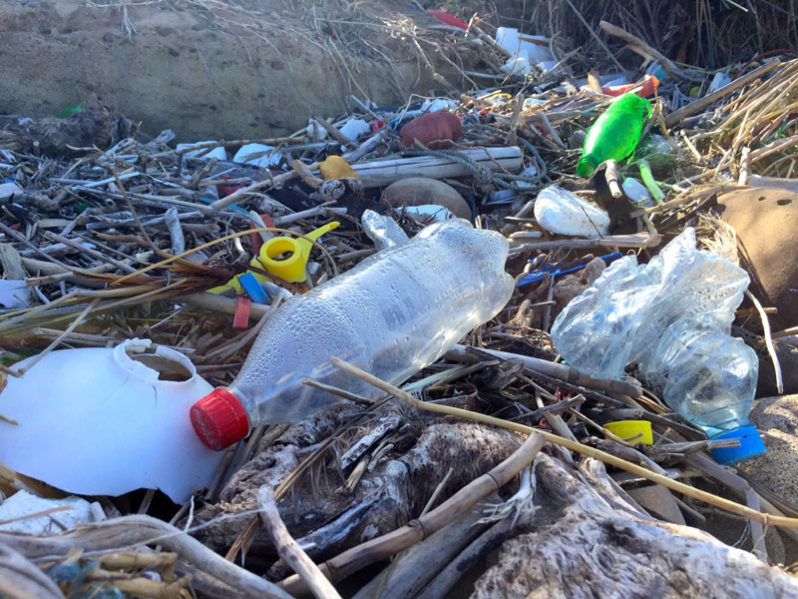
Gas giant ExxonMobil seal a $10bn agreement with the state-owned Saudi Basic Industries Corporation (Sabic) to build the world’s largest plastics facility on the Texas coast. The Exxon-Sabic project will fuel an anticipated 40% rise in global plastic production over the next decade.
Marine turtles dying after becoming entangled in plastic rubbish
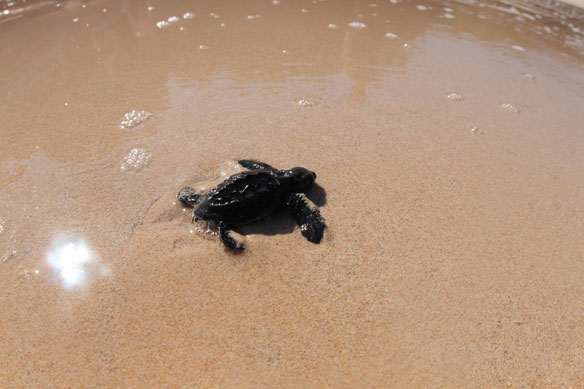
Hundreds of marine turtles die every year after becoming entangled in rubbish in the oceans and on beaches, including plastic ‘six pack’ holders and discarded fishing gear.
Drowning in garbage
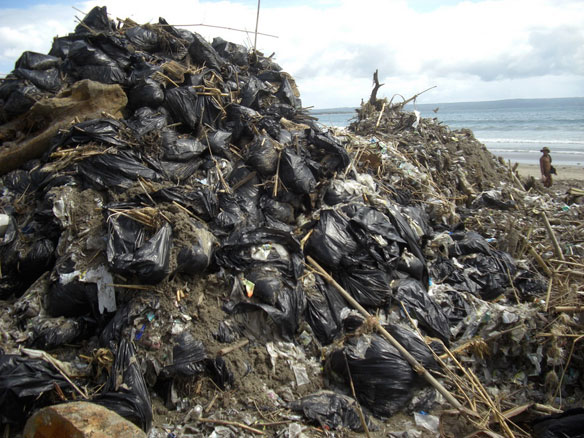
The world produces more than 3.5 million tons of garbage a day — and that figure is growing.
U.N. environment chief warns “we’re facing an ocean Armageddon”
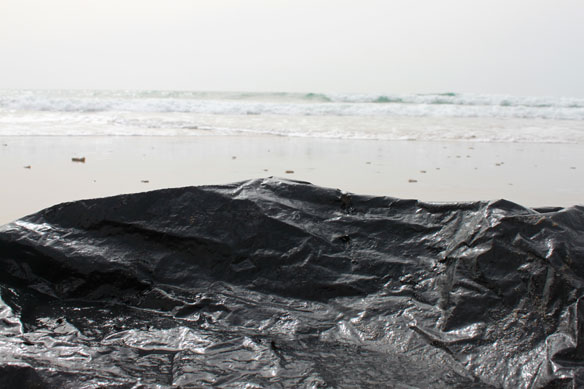
U.N. Environment Executive Director and Under-Secretary-General of the United Nations, Erik Solheim, said that he is hoping that the Nairobi summit will be a turning point, “We’re facing an ocean Armageddon: Every year, we’re dumping at least 8 million tons of plastics into our oceans.”
Q&A: “What Price Do We Put on Our Oceans?”
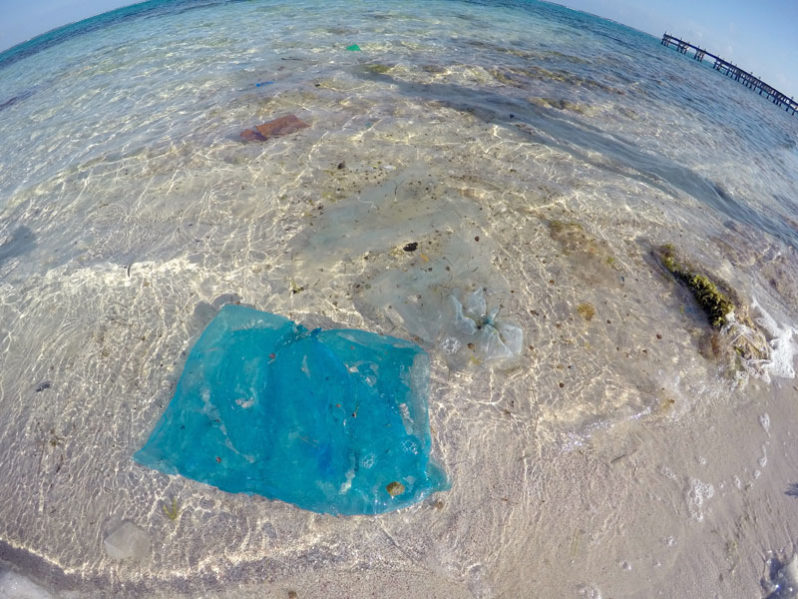
An interview with the Executive Director of United Nations Environment ERIK SOLHEIM ahead of the Dec. 4-6 3rd UN Environment Assembly in Nairobi, where 193 member states will discuss and make global commitments to environmental protection.
Lobster found with Pepsi logo ‘tattoo’ fuels fears over ocean litter
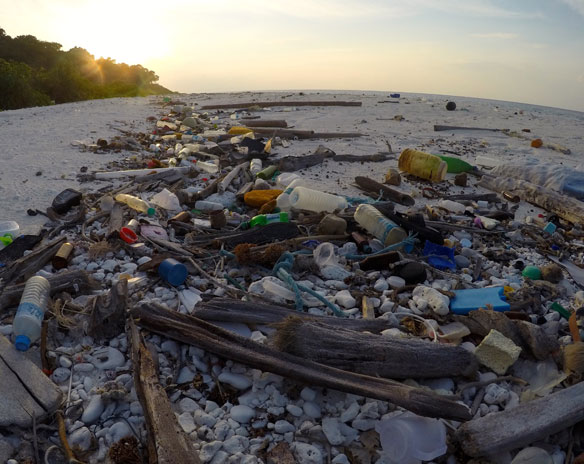
Concerns over debris littering the world’s oceans are back in the spotlight after a Canadian fishing crew found a lobster with the blue and red Pepsi logo imprinted on its claw.
Desperate Need to Halt ‘World’s Largest Killer’: Pollution

Now that the lights of the UN climate change summit’s meeting rooms having been turned off in Bonn, after a week of intense negotiations and some partial results, another major environmental event is now schedule in Nairobi, this time to search for ways to halt the world’s major killer: pollution.
Plastics found in stomachs of deepest sea creatures
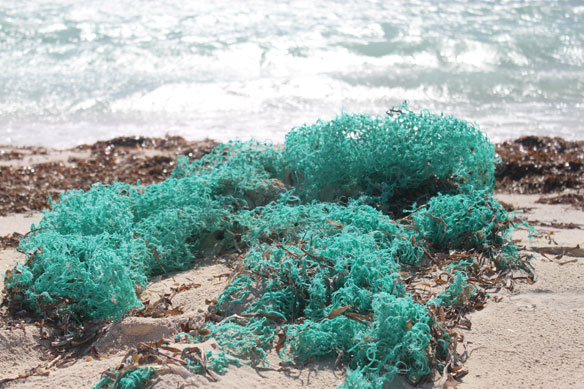
The study, led by academics at Newcastle University, found animals from trenches across the Pacific Ocean were contaminated with fibres that probably originated from plastic bottles, packaging and synthetic clothes.
